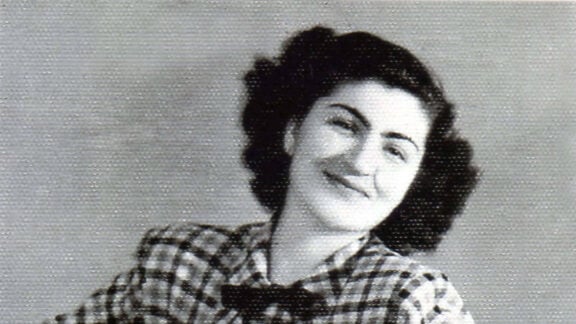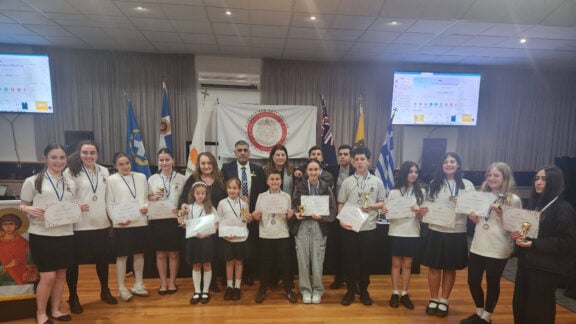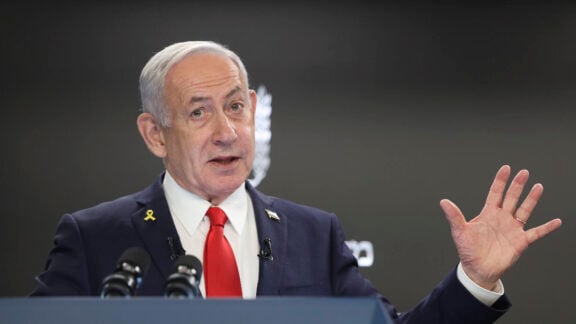On 25 March 1821, a messy and bloody uprising by Greeks in what was then an inconsequential province of the vast Ottoman colonial empire set the world on fire. The 1821 Greek Revolution played a crucial role in shaping the modern concept of humanitarian intervention under international law.The calls by citizens of liberal democratic nations for their governments to support foreign causes based on international human rights law—in the Middle East, Balkans, Africa, and Asia—stem back to the Greek War of Independence.
Foreign volunteers and the birth of international solidarity
Many foreign volunteers, drawn by idealism, were soon disillusioned by Greek factionalism, guerrilla warfare, and brutality. The most famous foreign supporter was English Romantic poet Lord Byron, who died of disease as he prepared to fight in the festering swamps of Missolonghi, a town under Turkish siege.
African American James Williams, a sailor from Baltimore, joined the Greek revolutionary navy and fought at the war’s defining naval Battle of Navarino. In turn, John Zachos and Photius Fisk, orphans of the Greek War of Independence, became abolitionists in America.
The Greek Revolution of 1821 inspired the birth of a new interventionist liberal West—though often for contradictory reasons. For radicals, the war was a herald of Ancient Greek glory; for abolitionists, it was a struggle against slavery; for Christians, it was a revolt against Ottoman Muslim rule.
It was the first conflict to enlist foreign philhellenes in an organised effort, and the first time a media strategy was developed to sway public opinion and pressure governments. The London Committee of Philhellenes was set up to garner support for the Greek cause and fund media campaigns aimed at engaging British support. The committee included abolitionists, Irish republicans, liberals, radicals, and evangelists—a motley crew. The most renowned philhellenes were Lord Byron and the philosopher, abolitionist, and anti-imperialist Jeremy Bentham.
Princeton historian Gary J. Bass writes: “Byron and Bentham, the two most important London Committee members, were not just against the Tory government, but of the British Empire.”
It was difficult for Britain to promote freedom from Turkish colonialism while sustaining its own imperial ambitions. The Greeks gained attention among liberals and radicals for their pre-Christian past—idealised by Cambridge and Oxford elites—while Christian evangelicals and abolitionists supported them as fellow Christians rising against Muslim rule and slavery.
U.S. President James Monroe was forced to develop the Monroe Doctrine in direct response to the Greek Revolution. The doctrine shifted American focus to the Western Hemisphere, avoiding entanglement in European affairs. Monroe feared provoking the Holy Alliance—a coalition of Austria, Prussia, and Russia—led by Austrian statesman Prince Klemens von Metternich. In Star of the East: The Holy Alliance and European Mysticism, A.L. Zorin, and Daniel L. Schlafly note that Russian Emperor Alexander I drafted the alliance treaty, later edited by Ioannis Kapodistrias—who would become directly involved in the Greek War of Independence—and his assistant, Aleksandr Sturdza.
The Austrian Emperor and Prussian King found the treaty’s “apocalyptic-messianic rhetoric” unsettling, wary of Russia’s vision of a united Christian world led by Russia. Metternich, despite his scepticism, supported the alliance due to Russia’s military and diplomatic influence after Napoleon’s defeat. Ultimately, Russia was enticed to support the Greeks.
The alliance was a reaction to the French Revolution and Napoleon, and it had backed Spanish colonialism in Latin America—precisely what the Monroe Doctrine sought to counter. America’s political and intellectual class, while sympathetic to the Greeks, remained cautious, avoiding direct involvement. Yet, as public support for the revolutionaries grew in the U.S., abolitionists pointed to the hypocrisy of backing Greek freedom while maintaining African slavery.

Atrocities: The turning point for Greek Independence
The establishment of international human rights as a cause for intervention and war was cemented by the horrific massacres, expulsions, famine, and slavery inflicted by the Ottoman Turks in Chios and later by their Egyptian vassals in Morea (the Peloponnese). In Chios, Ottoman forces aimed not just to suppress rebellion but to exterminate the population. Estimates vary, but up to 30,000 civilians were slaughtered, women were subjected to mass rape, and 50,000—mainly Greeks—were enslaved. French artist Eugène Delacroix most recognised work, Scenes from the Massacre at Chios, 1824, was inspired by the brutal events of the Chios massacre. The work first exhibited at the Salon of 1824 in Paris, made a significant impact in support of the Greeks’ cause. In Morea, Egyptian commander Ibrahim Pasha orchestrated mass deportations, massacres, and widespread famine.
These atrocities could not be ignored, even by those reluctant to intervene in a “foreign war”. The crisis culminated in the Battle of Navarino in 1827, where a combined Greek, British, Russian, and French fleet led by Admiral Edward Codrington decimated the Ottoman-Egyptian navy, effectively securing Greek independence.
Britain’s Tory Prime Minister George Canning, while sympathetic to the Greeks, sought to avoid direct conflict with the Ottomans. Yet, as Bass highlights, Canning was shocked by Ibrahim Pasha’s brutality in Morea:
“It was so ferocious in its detail, so hopeless of termination, that it became an evil of so extraordinary character as to justify extraordinary interposition.”
That is not to suggest that Greek revolutionaries were innocent of brutality. In Tripolitsa, an Ottoman administrative centre in the Peloponnese, Greek forces led by Theodoros Kolokotronis massacred up to 35,000 Muslim and Jewish men, women, and children. The fortified city, under siege and near starvation, sought to negotiate surrender—but chaos and distrust led to a bloodbath.
Kolokotronis later wrote in his memoirs:
“The [Greek] host which entered it cut down and were slaying men, women, and children from Friday till Sunday. Thirty-two thousand were reported to have been slain. … When I entered Tripolitsa, they showed me a plane tree in the marketplace where the Greeks had always been hanged. I sighed. ‘Alas!’ I said, ‘how many of my own clan—of my own race—have been hanged there!’ And I ordered it to be cut down. I felt some consolation then from the slaughter of the Turks.”
After more than 200 years, it is difficult to fully grasp the impact of the Greek Revolution on the modern world—on anti-imperialism, notions of self-determination, patriotism, and nationalism. The Modern Greek state and the Orthodox Church’s emphasis on nationalism, and faith for many of us remain contentious. Meanwhile, post-colonial discourse focus on critiques of European imperialism while overlooking the vast colonial enterprises of non-European powers, such as the Ottoman and Arab empires.
Before you go, don’t forget to share your thoughts with us by completing our reader survey – your feedback helps us continue to improve and bring you the content you love.









